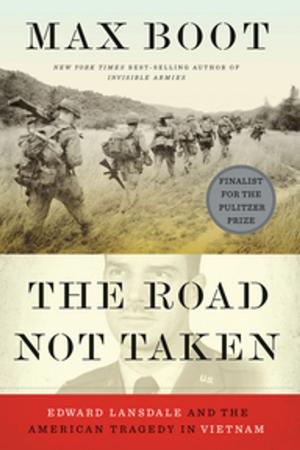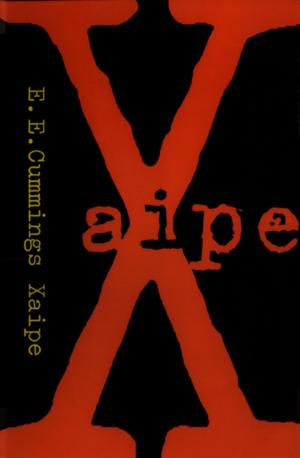| Author: | Eli Gottlieb | ISBN: | 9781631490934 |
| Publisher: | Liveright | Publication: | September 7, 2015 |
| Imprint: | Liveright | Language: | English |
| Author: | Eli Gottlieb |
| ISBN: | 9781631490934 |
| Publisher: | Liveright |
| Publication: | September 7, 2015 |
| Imprint: | Liveright |
| Language: | English |
Winner of the American Academy’s Rome Prize for fiction, Eli Gottlieb’s tender, harrowing coming-of-age novel finally returns to print.
Denny Graubart, child-narrator and “domestic surveillance expert,” is having some terrible suspicions about his mother and autistic brother. It’s the 1960s, aka the Diagnostic Dark Ages of Autism, and while his mother struggles to keep his brother out of an institution, signs of something more disturbing are beginning to emerge before young Denny’s eyes. Battered by his own tragicomic sexual awakening during a long, hot summer, Denny will eventually find his most horrified suspicions about his family confirmed. A powerfully drawn portrait of two brothers locked into an asymmetrical childhood and a family struggling against a weight of medical ignorance, The Boy Who Went Away is “shockingly, electrically alive” (Phillip Lopate). It is also an indispensable bookend to Gottlieb’s Best Boy, which recounts the impact of autism on the same family from the other side, many years later, in the voice of a middle-aged autistic man.
Winner of the American Academy’s Rome Prize for fiction, Eli Gottlieb’s tender, harrowing coming-of-age novel finally returns to print.
Denny Graubart, child-narrator and “domestic surveillance expert,” is having some terrible suspicions about his mother and autistic brother. It’s the 1960s, aka the Diagnostic Dark Ages of Autism, and while his mother struggles to keep his brother out of an institution, signs of something more disturbing are beginning to emerge before young Denny’s eyes. Battered by his own tragicomic sexual awakening during a long, hot summer, Denny will eventually find his most horrified suspicions about his family confirmed. A powerfully drawn portrait of two brothers locked into an asymmetrical childhood and a family struggling against a weight of medical ignorance, The Boy Who Went Away is “shockingly, electrically alive” (Phillip Lopate). It is also an indispensable bookend to Gottlieb’s Best Boy, which recounts the impact of autism on the same family from the other side, many years later, in the voice of a middle-aged autistic man.















